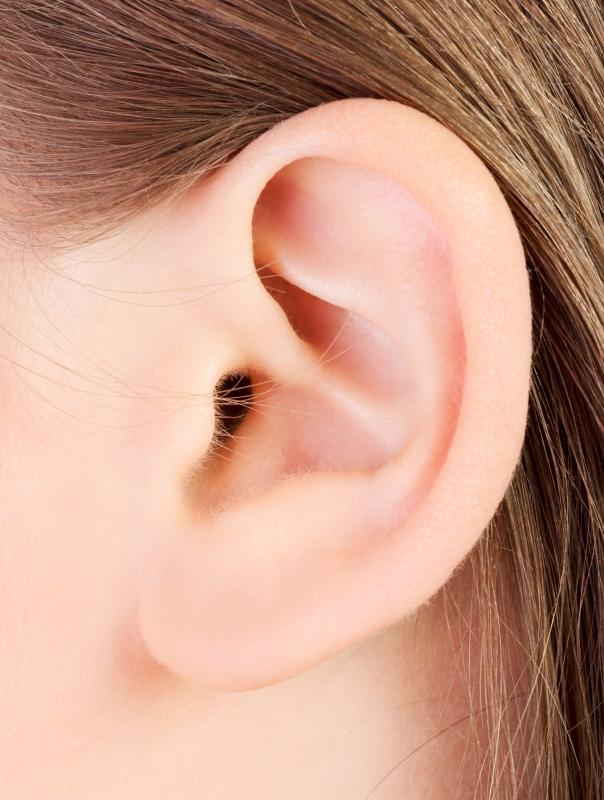At WiseGEEK, we're committed to delivering accurate, trustworthy information. Our expert-authored content is rigorously fact-checked and sourced from credible authorities. Discover how we uphold the highest standards in providing you with reliable knowledge.
What are the Most Common Sinus Symptoms?
The most common sinus symptoms include sinus pain, sinus pressure, and nasal congestion. In addition, frequent clearing of the throat, coughing, and nasal discharge are often experienced. Sinus symptoms can be caused by either a viral, bacterial, or fungal infection. Also, sinus symptoms can be short-lived, or can become chronic. Allergies can also induce sinus symptoms, especially during the spring and fall months.
Typically, treatment for sinus symptoms depends upon the cause. If the sinus symptoms are related to a bacterial sinus infection, antibiotics would be the treatment of choice. If the symptoms are related to a viral cause, antibiotics are not indicated, because they are ineffective for infections other than those that are bacterial in nature. Sinus symptoms that are caused by fungal infections might respond to anti-fungal medications, however, this is not always the case.

Generally, regardless of the cause, there are certain remedies that can ease the symptoms. For sinus pain and pressure, anti-inflammatory medications are frequently effective. If fever is present, anti-inflammatory medications help to normalize temperature. Using a vaporizer helps ease nasal passage inflammation, and helps moisturize dry, irritated mucus membranes. The vaporizer should always be thoroughly cleaned after every use to discourage the growth of bacteria in the unit.

Other sinus symptoms can include earache, loss of smell and taste, and post-nasal drip. When the sinusitis is present, the Eustachian tube of the ear sometimes fills with fluid, causing ear pain and pressure. Decongestants can ease nasal congestion and help alleviate earache. Although decongestant medications are effective in relieving symptoms, they can cause major side effects such as a rapid heartbeat, nervousness, and inability to sleep.

Prior to self-medication themselves, people suffering from sinusitis need to check with their physicians to make sure the medication is appropriate for them. Sometimes, people take antihistamines erroneously thinking that these will reduce their symptoms, when the drugs may actually worsen symptoms. Antihistamines are taken to relieve runny noses, watery eyes, and sneezing. They will dry up the nasal passages even more, possibly causing a worsening of symptoms.

Rarely, when symptoms of sinusitis are not treated, complications can arise. When being treated with antibiotic therapy, the entire course of the prescription needs to be completed. If antibiotic therapy is discontinued before the recommended time, the infection can linger, or progress into a secondary, more severe infection. If antibiotics cause side effects such as stomach upset, patients need to talk to their physicians for an alternative treatment.
AS FEATURED ON:
AS FEATURED ON:















Discuss this Article
Post your comments